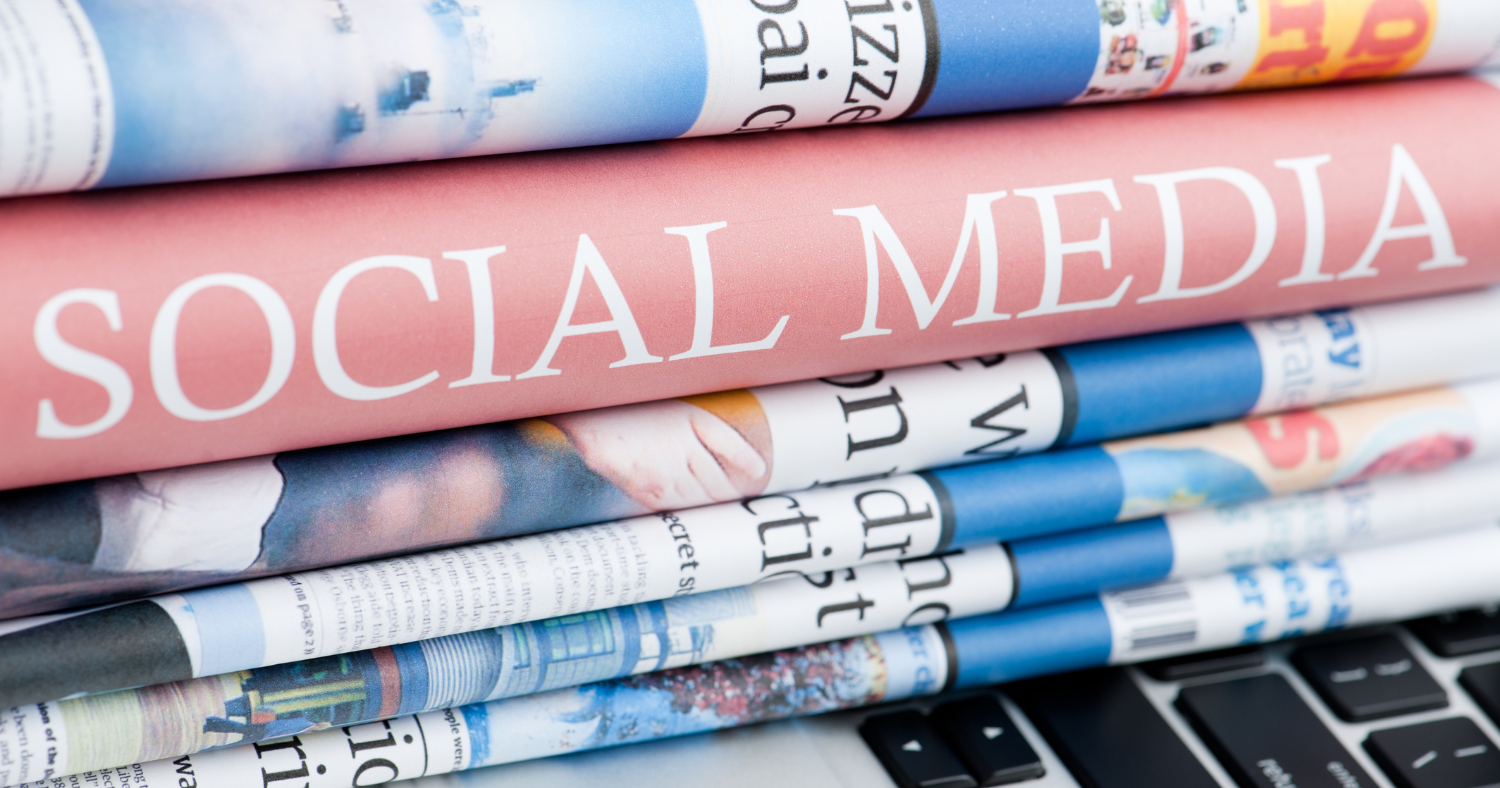Monday mornings are dreadful as I get the weekly screen time report on my smartphone, exposing the details of my social media diet and internet excursions. I was pleased to see that my screen time went down 36% over the second week of March compared to the first week - every so often some good news -, I spent most of my time on social media (LinkedIn, WhatsApp) and much less time on news apps and websites (The Economist, FT).

When it comes to news consumption, my dependence on social media continues to grow, in line with the results of the Reuters Institute Digital News Report 2023, showing that around a fifth of respondents to the poll (22%) say they prefer to access news with a news website or app, down 10% since 2018 (see Chart 1).
Conversely, the preference for accessing news via social media (30%) has significantly surpassed direct access to news outlets as the primary source of news across 46 markets (see Chart 1).
Chart 1: Main way of getting news online.
Source: Reuters Institute Digital News Report 2023.
This trend has emerged despite widespread accounts of social platforms’ role in spreading misinformation and fake news, in contrast with the impartiality and objectivity of the traditional mass media, invoked by professional journalists as the gold standard of the journalistic profession.
Newspapers, TV and radio regard impartiality (absence of bias) and objectivity (separation of facts from opinion) as necessary conditions to separate journalism from misinformation and propaganda. The premise is that journalistic objectivity ensures that news content represents the truth and the real world across all categories of information: from political and economic news to news about science, sport, celebrity gossip and financial news.
Yet, this is the thorny issue.
The myth of traditional mass media's objectivity
Achieving objective and impartial journalism is impractical, if not outright unrealistic. The case against objectivity is eloquently put by Umberto Eco, when he argued that objective journalism is an ideology, that is something used as a façade to conceal other agendas. The argument is that the process of selecting and reporting news necessarily requires a series of subjective decisions including personal values, financial benefits and political preferences, which necessarily result in biased and partisan journalism.
This argument does not suggest that professional journalism lacks integrity. Traditional mass media, public and private, are committed to honestly report accurate news and information and remain accountable for the reliability of the information shared.
Societies have been adjusting their expectations from traditional mass media, moving away from demanding objectivity and impartiality towards expecting a commitment to report news honestly. Entrusted with the responsibility for assessing the accuracy and quality of information, TV, radio and newspapers enjoyed a high level of trust and credibility as primary sources of news and information, despite their political biases and interests.
Citizen Kane goes social
The advent of internet and social media has disrupted the authority of traditional mass media. News consumers prefer accessing information via social media due to their ubiquitous presence, low costs and multi-way mass communication that they enable. There are clear advantages to a plurality of sources of information and opinions in the market for news.
The concern is the rise of misinformation and fake news in social media documented for the political context but also for topics such as vaccination, nutrition and financial information.
There are surprisingly few scientific answers to how common are fake news and their impact on individuals. Tech companies operating social media platforms are struggling to answer these questions as their business models and financial incentives often conflict with the best solutions to address these concerns.
As a result, fact-checking responsibilities have transitioned to being borne by news consumers. Factual claims of news reports can be verified through dedicated websites such as PolitiFact and Snopes or through credible news media. However, the process of collecting, filtering and crosschecking information is costly and remains in the domain of the educated elite.
The danger is that the already all-time high number of individuals avoiding news - especially crucial information on politics and economics that necessitates civic engagement - will continue to rise, ultimately undermining democratic processes.
For truth vigilantes, by year's end, the US equity market may either rise, fall, remain unchanged or may be closed. Investment advice seekers may find our investment advice on the MBaer blog and on LinkedIn. In the interest of transparency, I should point out I am the Chief Investment Officer at MBaer Merchant Bank and this is my personal opinion.
Francesco Mandalà, PhD


